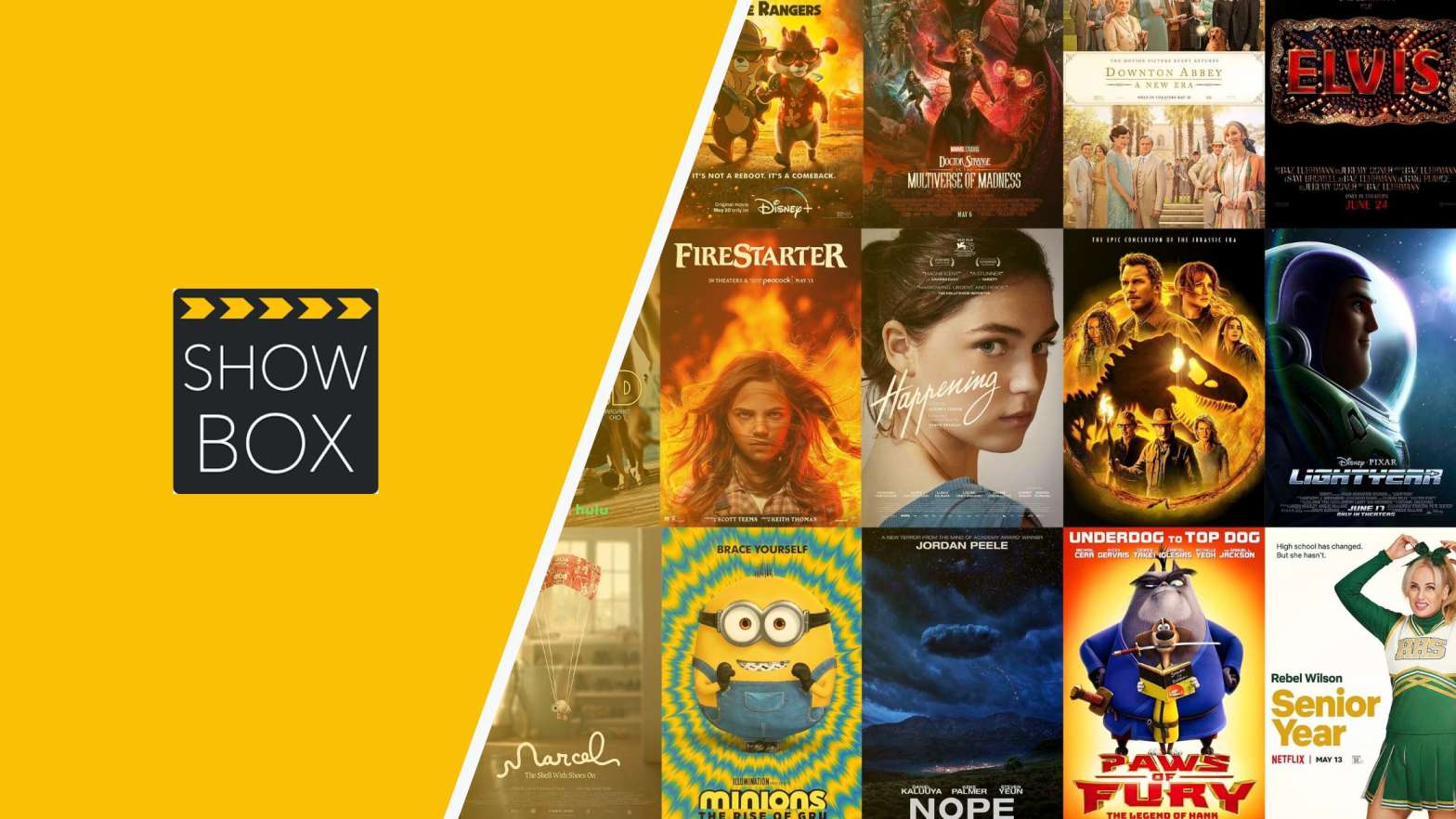In the world of online streaming, few services have garnered as much attention and controversy as ShowboxMovies. Once a prominent name in the world of movie and TV show piracy, ShowboxMovies offered users a vast library of content for free. However, its existence was mired in legal disputes and ethical dilemmas, leaving a complex legacy in the digital media landscape. In this article, we will delve into the history of ShowboxMovies, its impact on the entertainment industry, and the eventual demise of this notorious streaming service.
The Beginnings of ShowboxMovies
ShowboxMovies emerged on the scene in the early 2010s, a time when online streaming was rapidly gaining traction among consumers. The service operated as a website and a dedicated Android app, providing users with convenient access to a wide array of movies and television programs. With a simple and user-friendly interface, ShowboxMovies quickly became a go-to destination for many entertainment seekers.
The appeal of ShowboxMovies was undeniable. It offered a seemingly endless catalog of content, ranging from the latest Hollywood blockbusters to classic films and popular TV series. Users could stream their favorite shows and movies on demand, without the need for subscriptions or cumbersome downloads. Furthermore, ShowboxMovies boasted a clean and intuitive design, making it easily accessible to individuals of all technical skill levels.
A Pirate’s Life
However, the service’s popularity was built on a foundation of piracy and copyright infringement. ShowboxMovies did not license the content it provided; instead, it relied on unauthorized sources to populate its library. This meant that filmmakers, production companies, and distributors were deprived of the revenue they would have otherwise earned through legitimate channels.
The ethical implications of ShowboxMovies’ operations were significant. While users enjoyed free access to copyrighted material, the creators and rights holders of this content were not compensated for their work. This sparked intense debates about intellectual property rights and the value of artistic labor. Many in the entertainment industry viewed ShowboxMovies and similar services as a direct threat to their livelihoods.
Legal Battles and Pushback
It didn’t take long for the entertainment industry to take notice of ShowboxMovies and initiate legal action. In 2016, the Motion Picture Association of America (MPAA) filed a lawsuit against the operators of ShowboxMovies, alleging massive copyright infringement. The MPAA represented some of the biggest names in the industry, including Disney, Warner Bros., and Universal Studios.
The lawsuit sought to shut down ShowboxMovies and hold its operators accountable for the widespread distribution of pirated content. It argued that the service induced its users to commit copyright infringement and facilitated large-scale piracy. The MPAA also targeted the financial gains made by ShowboxMovies through advertising revenue, emphasizing the commercial nature of the infringement.
A Cat-and-Mouse Game
Despite the legal challenges, ShowboxMovies proved to be elusive. The identities of its operators were often obscured, and the service frequently changed hands, making it difficult for authorities to pinpoint responsibility. ShowboxMovies also utilized various tactics to stay online, including shifting server locations and employing proxy services.
As the legal battle raged on, ShowboxMovies continued to operate, much to the frustration of the entertainment industry. The service became a symbol of the challenges faced by traditional media companies in the digital age, where enforcing copyright laws across international borders proved complex and time-consuming.
The Impact on the Entertainment Industry
The rise of ShowboxMovies and similar streaming services had a significant impact on the entertainment industry. While it provided users with convenient access to content, it also contributed to a decline in traditional media consumption. Some users opted to stream movies and TV shows for free instead of paying for subscription services or purchasing physical media.
This shift in consumption patterns prompted media companies to reevaluate their distribution strategies. Many accelerated their efforts to launch their own streaming platforms, recognizing the need to adapt to changing consumer behaviors. Services like Netflix, Hulu, and Amazon Prime Video gained traction, offering extensive libraries of content at affordable prices.
The Fall of ShowboxMovies
Despite its resilience, ShowboxMovies ultimately met its demise. In 2018, following a prolonged legal battle, a court ordered the shutdown of the service. The ruling sent a strong message about the illegality of copyright infringement and the consequences for those who facilitate it.
The shutdown of ShowboxMovies was a significant victory for the entertainment industry. It signaled a commitment to protecting intellectual property rights and ensuring that creators and rights holders receive fair compensation for their work. However, the battle against piracy is an ongoing one, with new streaming services and websites emerging to fill the void left by ShowboxMovies.
The Evolution of Streaming
The rise and fall of ShowboxMovies occurred during a pivotal time in the evolution of streaming services. As internet speeds improved and mobile devices became more prevalent, consumers increasingly demanded convenient and accessible ways to watch movies and TV shows.
Legitimate streaming platforms recognized the need to provide users with a seamless and affordable experience. They invested heavily in improving their user interfaces, expanding their content libraries, and offering exclusive original programming. This shift helped to sway many consumers away from pirated content and towards legal streaming options.
The Future of Online Streaming
The story of ShowboxMovies serves as a cautionary tale for both consumers and the entertainment industry. While the availability of free content may be tempting, it comes at the cost of supporting piracy and undermining the creative efforts of artists and production teams.
As the online streaming landscape continues to evolve, it is essential to recognize the value of intellectual property and the importance of compensating creators for their work. Legitimate streaming services have embraced this concept, offering extensive libraries of content at reasonable prices, eliminating the need for consumers to resort to piracy.
Conclusion: A Complex Legacy
ShowboxMovies represented a pivotal chapter in the evolution of online streaming. It highlighted the complexities of copyright law, the challenges faced by traditional media companies, and the evolving preferences of consumers. While it provided users with a convenient and alluring proposition, it also undermined the very foundation of the entertainment industry.
The demise of ShowboxMovies underscores the importance of respecting intellectual property rights and supporting legitimate content distribution channels. As we move forward in the digital age, it is crucial to strike a balance between consumer demands for accessibility and the need to protect the creative endeavors of artists and content creators.
In the end, ShowboxMovies serves as a reminder that, despite the allure of free and easily accessible content, we must uphold the value of artistic labor and the integrity of the entertainment industry as a whole.












